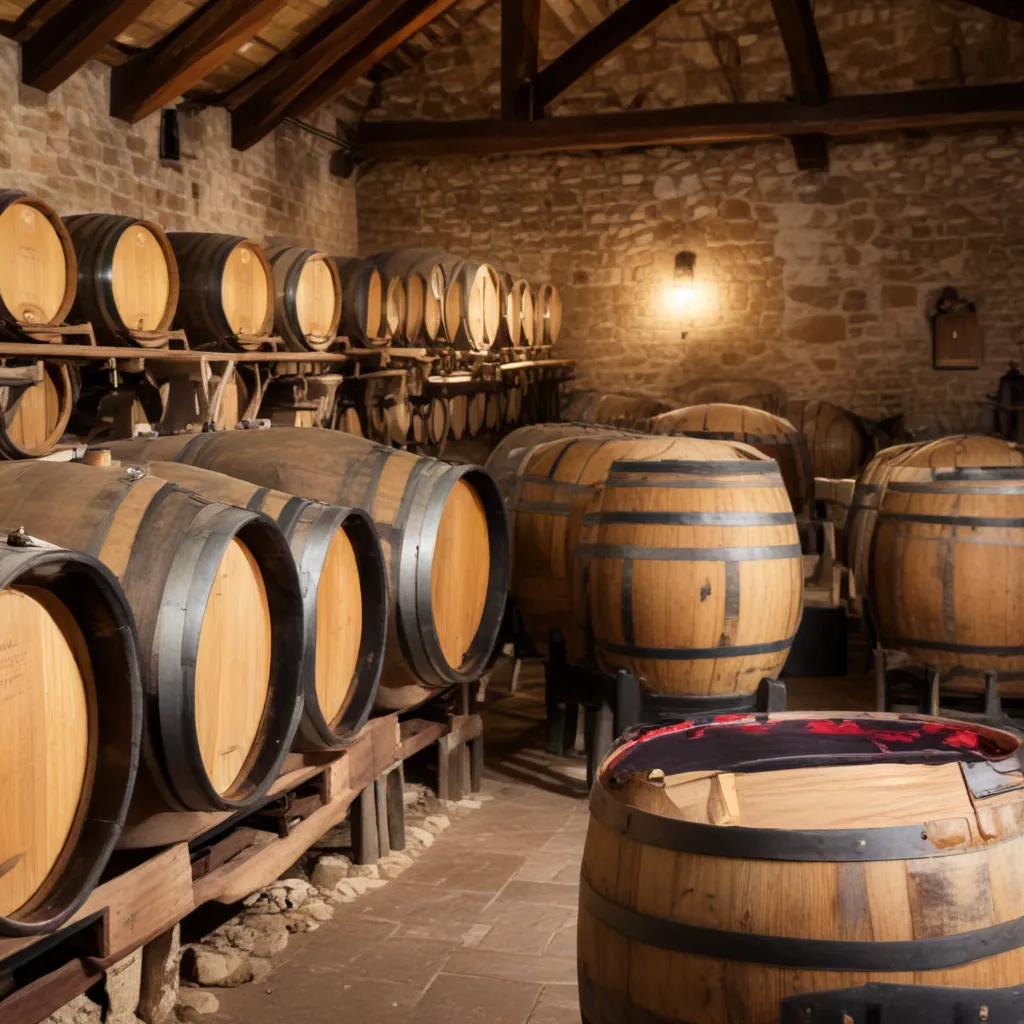
The story of wine is as old as civilization itself. From the ancient vineyards of the Mediterranean to the modern, state-of-the-art wineries across the globe, the history of winemaking is a captivating journey through time, culture, and innovation. At the Wine Garden Inn, we take great pride in being stewards of this rich heritage, and we invite you to join us as we uncover the fascinating evolution of this beloved beverage.
Ancient Civilizations and Viticulture
The origins of winemaking can be traced back thousands of years to the Neolithic period, where evidence of grape cultivation and primitive fermentation techniques has been found in regions such as Georgia, Armenia, and Iran. As ancient civilizations like the Egyptians, Greeks, and Romans flourished, so too did their expertise in viticulture and winemaking. These early pioneers recognized the unique properties of the grape and the potential for creating a beverage that could be both nourishing and intoxicating.
The expansion of the Roman Empire played a significant role in the dissemination of winemaking practices throughout Europe. As the Romans conquered new territories, they brought with them the knowledge and techniques of grape growing and wine production, adapting to local climates and soil conditions. This laid the foundation for the emergence of renowned wine regions, such as Bordeaux in France and Tuscany in Italy, which continue to shape the global wine industry today.
The Development of Winemaking Techniques
Over the centuries, winemaking has evolved from a largely artisanal and intuitive process to a highly sophisticated science. The introduction of technologies like temperature-controlled fermentation, advanced pressing methods, and refined barrel aging techniques have all contributed to the refinement of wine quality and the ability to consistently produce exceptional vintages.
The concept of terroir, the unique combination of soil, climate, and geographical factors that impart distinct characteristics to a wine, has become a cornerstone of the winemaking industry. Pioneering vintners across the world have dedicated themselves to understanding and showcasing the nuances of their local terroirs, creating a diverse tapestry of wine styles and flavors.
The Expansion of Global Winemaking
As the world became more interconnected, the wine industry underwent a period of remarkable global expansion. The 20th century saw the emergence of New World wine regions, such as California, Australia, and New Zealand, which challenged the traditional dominance of Old World producers. These new players brought fresh perspectives and innovative approaches to winemaking, introducing a broader range of grape varietals and pushing the boundaries of what was possible.
The globalization of the wine industry also led to increased cross-pollination of techniques and ideas. Winemakers from different regions began to collaborate, share knowledge, and experiment with novel blends and production methods. This exchange of ideas has resulted in an ever-evolving landscape of wine styles, each with its own unique character and appeal.
The Science of Winemaking
At the heart of the winemaking process is the complex interplay of science and art. The fermentation stage, where yeasts transform the natural sugars in grapes into alcohol, is a crucial step that requires precise control and monitoring. Winemakers have honed their understanding of yeast strains, temperature fluctuations, and pH levels to ensure optimal flavor development and stability.
The concept of terroir has also become increasingly important in the scientific understanding of winemaking. By analyzing the intricate relationships between soil composition, microclimates, and grape varietals, winemakers can tailor their viticultural practices to enhance the unique characteristics of their vineyards. This dedication to understanding the nuances of their land has led to the creation of truly distinctive and terroir-driven wines.
The Diverse Styles of Wine
The world of wine is a kaleidoscope of diverse styles, each with its own rich history and cultural significance. The classic Old World wines of Europe, with their focus on regional appellations and traditional grape varietals, stand in contrast to the innovative, fruit-forward New World wines that have captured the imagination of modern wine enthusiasts.
Across the globe, winemakers are experimenting with unique grape blends, aging techniques, and production methods, resulting in a proliferation of distinctive wine styles. From the robust, full-bodied reds of Napa Valley to the crisp, mineral-driven whites of the Mosel Valley in Germany, the wine world offers a boundless array of flavors and aromas to explore.
The Cultural Impact of Wine
Wine has long been woven into the fabric of human civilization, serving not only as a source of sustenance and enjoyment but also as a cultural touchstone. The appreciation of wine has evolved into a sophisticated art form, with wine tasting, cellaring, and food pairing becoming integral parts of the culinary and social experience.
The wine industry itself has become a significant economic and cultural force, employing millions of people around the world and contributing to the preservation of rural landscapes and traditional agricultural practices. From the renowned vineyards of Bordeaux to the boutique wineries of New Mexico, the production and consumption of wine have become inextricably linked to the identity and heritage of these regions.
As we continue our journey through the captivating history of winemaking, we are reminded of the profound impact this ancient beverage has had on our collective human experience. At the Wine Garden Inn, we are honored to be custodians of this rich legacy, sharing our passion for wine and its connection to the land, the people, and the culinary delights that make it such a cherished part of our lives.
